1. You’ll Stop Learning New Things
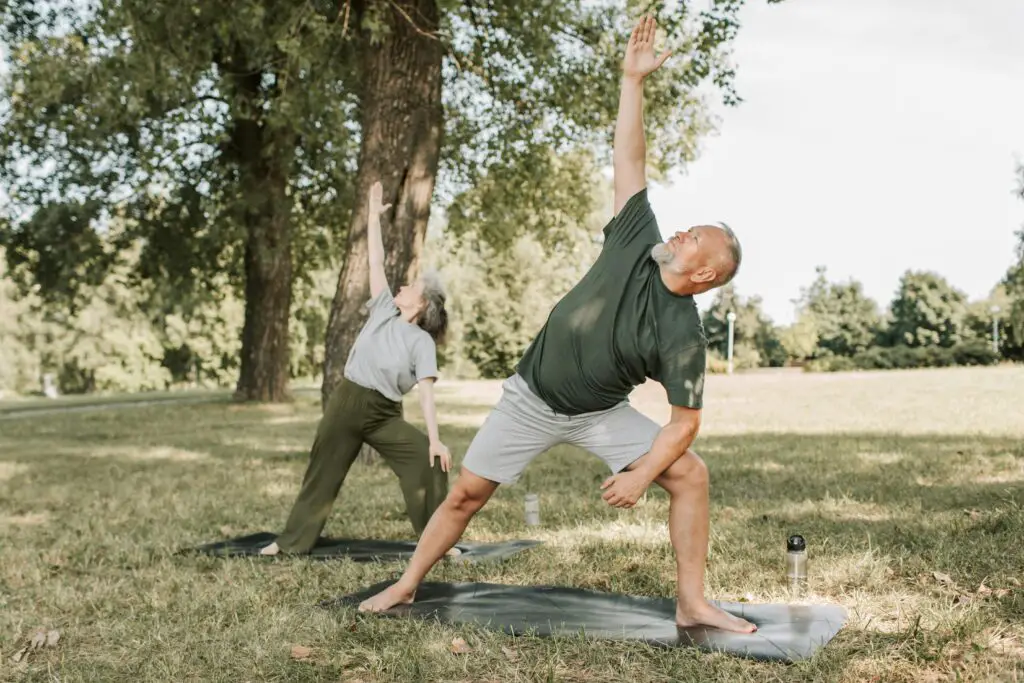
One of the biggest myths about aging is that our brains just stop being able to absorb new information. While it’s true that memory might get a little less sharp, plenty of older adults pick up new hobbies, languages, and even entire careers later in life. The brain doesn’t shut off at 60 — it just needs different kinds of stimulation and a little more patience shares BuzzFeed.
In fact, some people find they have more time and mental space for creativity and growth once they’re no longer juggling careers or raising kids. Lifelong learning programs and apps for seniors are booming for a reason. Whether it’s painting, playing piano, or diving into history, curiosity doesn’t retire. It might just shift into a new gear adds AJC.com.
2. You’ll Become Grumpy and Cynical

Sure, some people get crankier with age — but a lot don’t. In fact, studies have shown that many people become happier as they get older. They tend to care less about what others think, let go of drama more easily, and focus on what really matters explains MSN.
There’s a peace that can come with age that younger people haven’t quite earned yet. Many older adults say they feel more emotionally balanced than they did in their 20s or 30s. The idea that aging automatically makes you bitter just doesn’t hold up. If anything, it can bring a sense of clarity and gratitude shares Good Housekeeping.
3. Your Social Life Will Disappear

There’s this assumption that as you get older, your social circle dries up. But plenty of older adults build rich, active social lives — sometimes stronger than before. Retirement communities, book clubs, volunteer work, and group travel all create opportunities for connection.
While it’s true that friendships can shift, many people end up with deeper, more meaningful bonds in later years. They’re less interested in small talk and more interested in true connection. It’s also easier to weed out toxic relationships when you’ve lived long enough to spot them. So no, aging doesn’t mean social isolation unless you let it.
4. You’ll Lose All Your Independence
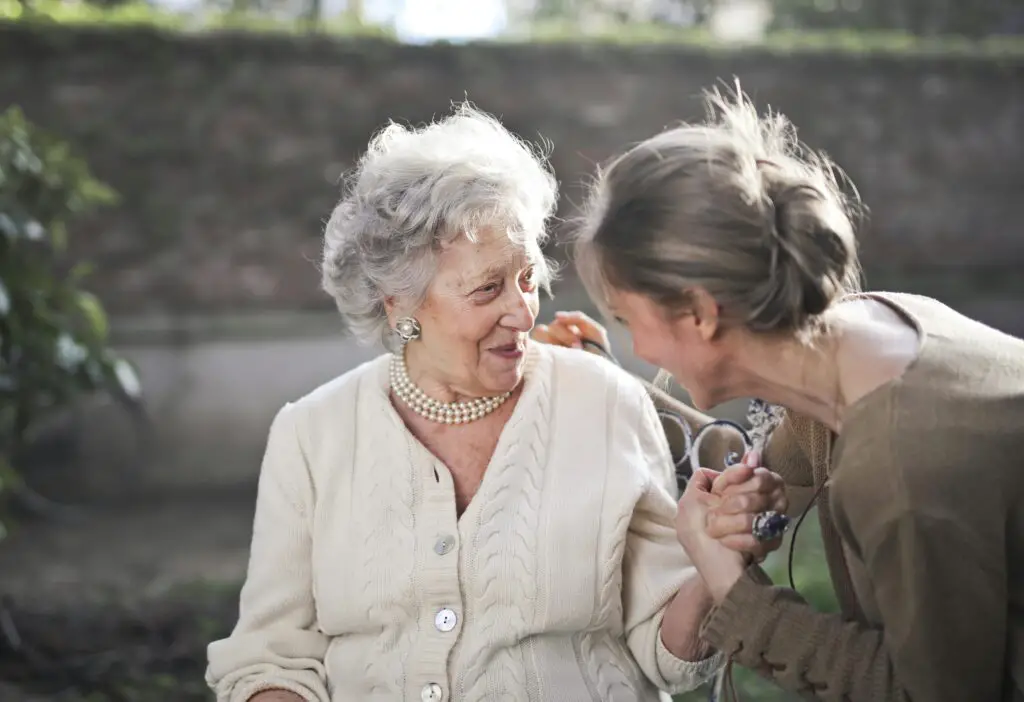
This myth can be scary, but it’s not a given. Many older adults live entirely on their own, drive, shop, and travel without help. In fact, maintaining independence is a major motivator for staying active and healthy.
With today’s technology and accessibility options, staying independent is more possible than ever. Smart home devices, meal delivery, and ride services are just a few tools making life easier. Some people even say they feel more independent because they finally have time to focus on their own wants and needs. Aging doesn’t automatically mean becoming helpless.
5. Physical Decline Is Unavoidable

It’s true that bodies change with age — joints ache, energy dips, and recovery can be slower. But that doesn’t mean you’re doomed to a life of decline. Regular exercise, a balanced diet, and staying mentally engaged can drastically slow or even reverse some of the effects of aging.
Plenty of older adults run marathons, lift weights, or practice yoga well into their 70s and 80s. It’s more about consistency than intensity. Being active might look different than it did at 25, but strength and vitality don’t have an expiration date. You’re not a machine breaking down — you’re a person adapting.
6. Romance and Intimacy End
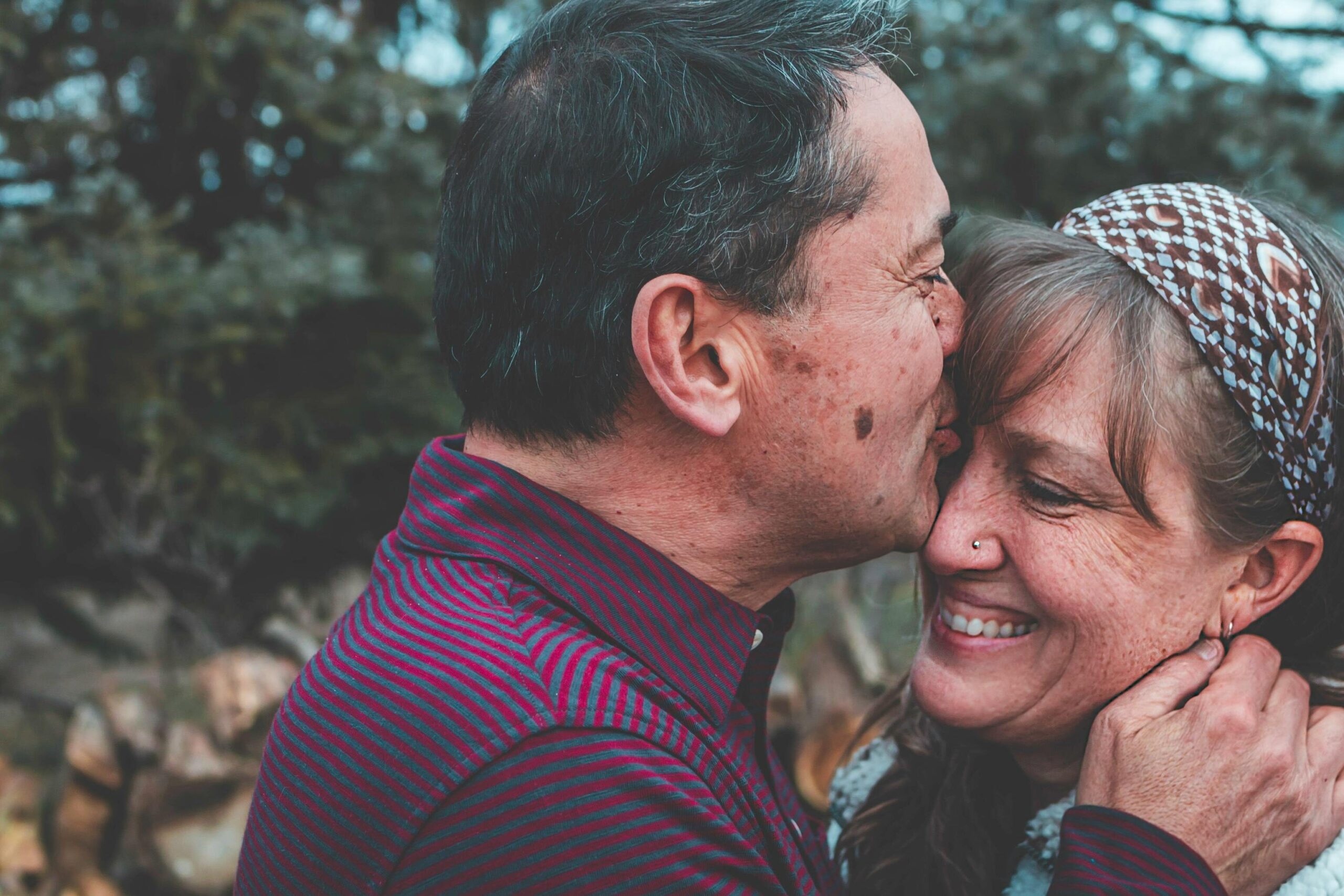
There’s this outdated idea that romance fades completely as people age. But ask anyone who’s found love in their 60s or 70s, and they’ll tell you otherwise. Relationships might evolve, but emotional and physical connection doesn’t just stop being important.
In fact, intimacy can deepen with age, as people become more in tune with their bodies and their partners. Many couples report feeling more secure and satisfied later in life. And yes, older adults date — sometimes more than younger ones do! Romance doesn’t have an age limit.
7. You’ll Become Technologically Useless
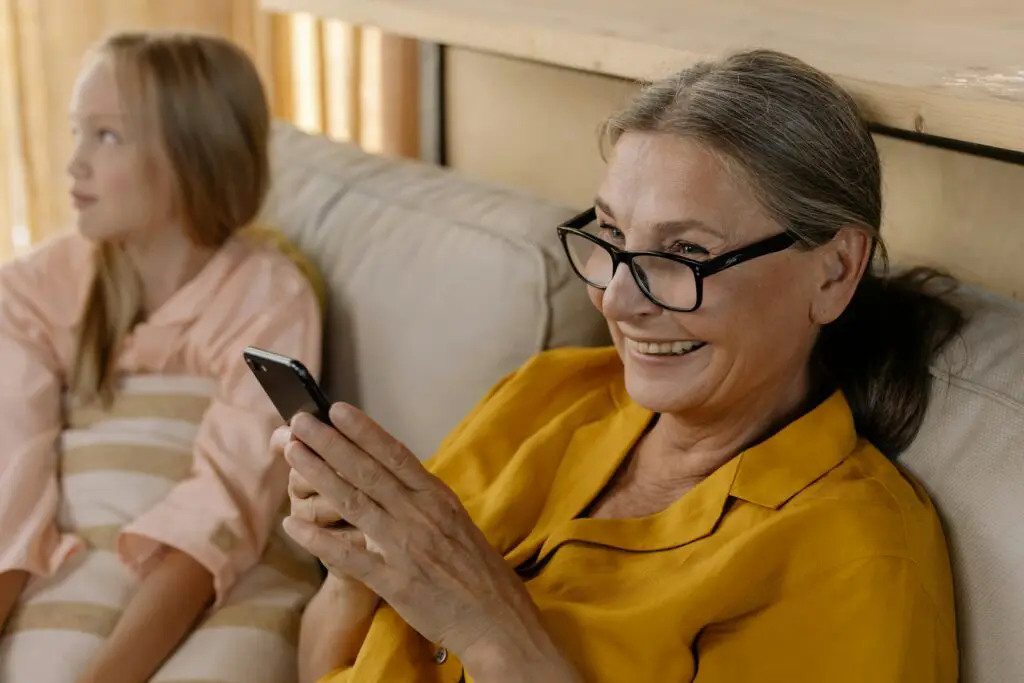
This one is especially untrue in today’s world. Older adults are learning to use smartphones, FaceTime with grandkids, and manage their finances online just like everyone else. Sure, the learning curve might be a little steeper, but it’s not impossible.
And let’s be honest — some older adults are way more cautious and thoughtful with tech than the younger crowd. Many have even started online businesses or become social media stars. Age doesn’t stop you from adapting; it just means you might ask more questions along the way. And that’s not a bad thing.
8. You’ll Regret Everything You Didn’t Do
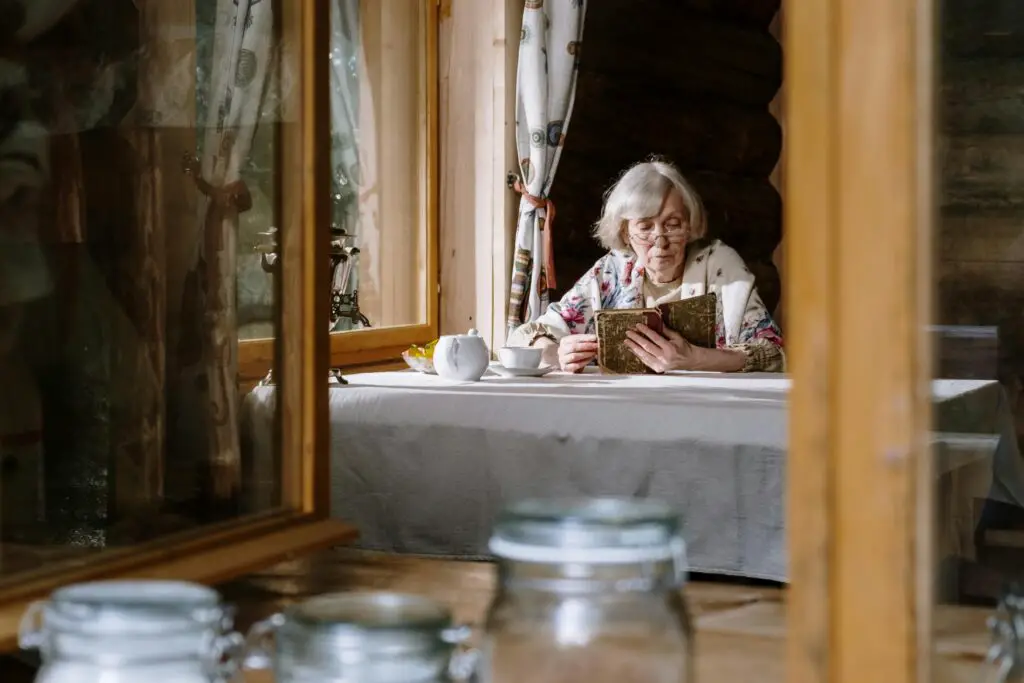
Aging is often painted as this long reflection of missed chances and roads not taken. But most people don’t spend their golden years wallowing in regret. They tend to focus more on what did happen, the people they’ve loved, and the experiences they had.
There’s a perspective that comes with age that helps people let go of the “what ifs.” Regret may pop up now and then, but it doesn’t dominate like some people expect. Many older adults also find peace in knowing there’s still time to try new things. It’s never too late to chase a dream or take a different path.
9. You’ll Be a Burden to Everyone
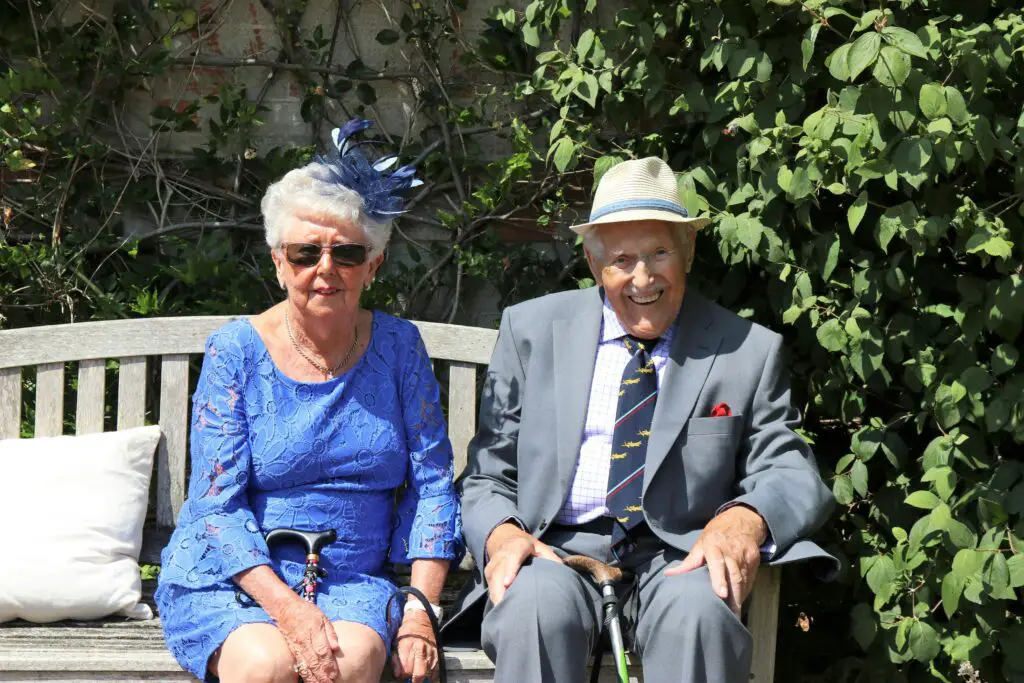
This fear creeps into a lot of conversations about aging. But most older adults aren’t burdens at all — they’re contributors, caregivers, and sources of wisdom in their families and communities. Many continue helping with grandkids, volunteering, or mentoring well into retirement.
Even when health challenges arise, families often see caring for loved ones as a meaningful way to give back. It’s not always easy, but it’s not the one-sided burden people imagine. And being proactive about your health, finances, and future can go a long way. It’s about shifting the narrative from “burden” to “legacy.”
10. Mental Health Always Gets Worse

While depression and anxiety can happen at any age, aging doesn’t guarantee a mental health decline. In fact, older adults often report higher levels of emotional well-being than their younger counterparts. They’ve weathered enough storms to develop strong coping skills.
What does happen is that emotional struggles sometimes go undiagnosed because of the myth that sadness is just part of getting older. But with support, therapy, and community, mental health can improve at any stage. Older adults deserve the same care and attention to their emotional well-being as anyone else. Aging doesn’t mean you stop feeling — it just means you may understand those feelings better.
11. Life Becomes Boring

This one couldn’t be further from the truth. Retirement often opens up time for travel, hobbies, passion projects, and time with loved ones. Without the stress of deadlines and daily obligations, life can actually become more interesting.
Some people say they’re busier in retirement than they were during their working years — just on their own terms. Whether it’s joining a hiking group, taking art classes, or becoming a local tour guide, the possibilities are endless. Boredom isn’t about age — it’s about mindset. And for many, the later years are the most vibrant chapter yet.
